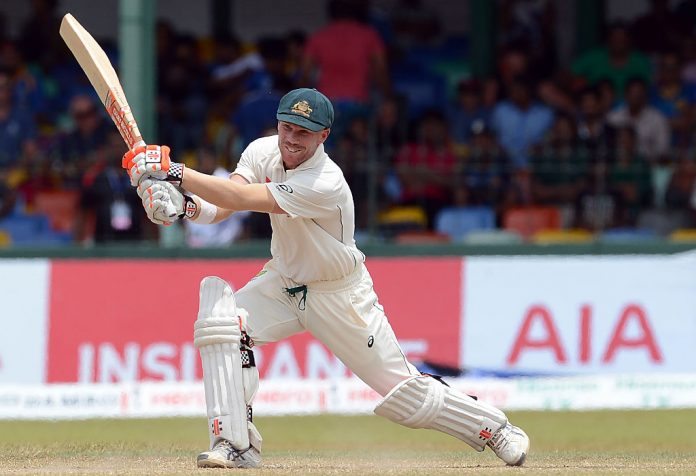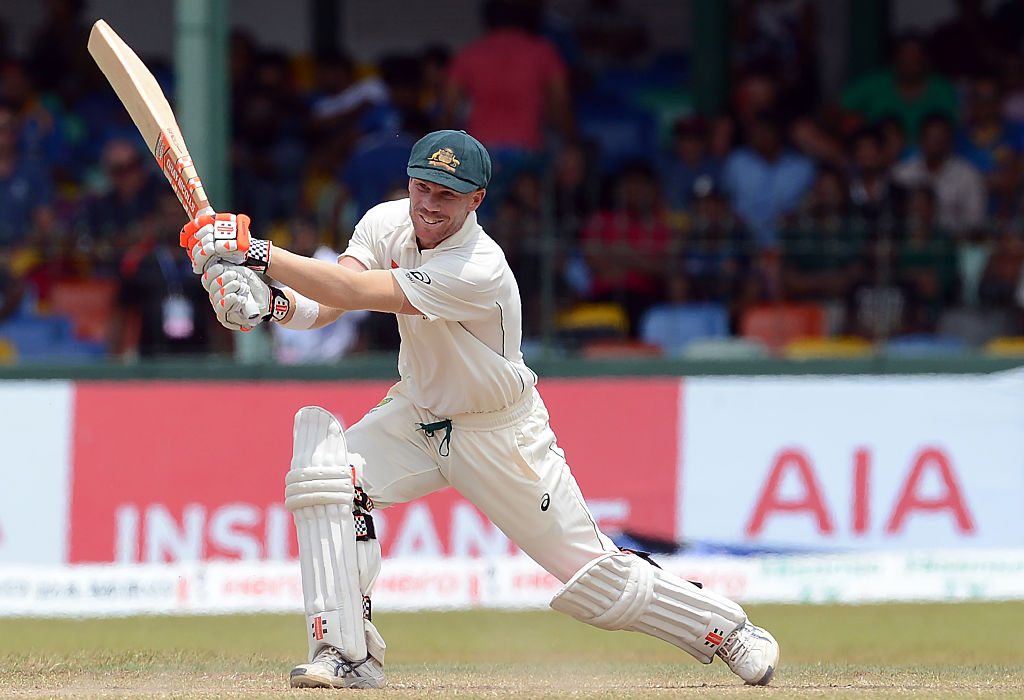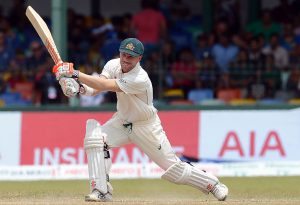

Cricket is one of Australia’s, if not the world’s favourite sports. After all, one billion Indians can’t be wrong.
But no sport is flawless, and when it comes to season structure, cricket is one of the most imperfect sports in the world right now.
Here are two main points pertaining to season structure that can and need to be improved soon, as they are affecting the go forward of this fantastic sport the most.
Lack of context

With the recent rise of Twenty20, this light bulb is starting to go on in the heads of most cricket purists.
Both the shortest and longest forms of the game have their own charm to them, and both are highly enjoyable, but what T20 is starting to gain over test cricket is long-term context and narrative.
If you’re not sure what I mean by this, let’s look outwards. Almost all other sports around the world are structured in a competition style, whether it be round robin, conference style, etc.
Every match feels like it has its own meaning and purpose – there are no dead rubbers, not until at least the very end of the regular season, and at the end of each match, both teams gain or lose something immediately.
Whilst this is not completely absent in test cricket, Twenty20 has brought this context and narrative to the forefront, giving fans every reason to want to watch every match available on the calendar.
You will most likely only catch the most ardent of cricket fans tuning into a test between two other countries, or watching a dead rubber played by their own nation.
I don’t have all the answers, but in other international heavy sports such as rugby, regular yearly competitions are important to rivalries, offer meaningful context and give fans a reason to tune into every match.
Perhaps a more structured frequency of The Ashes needs to take place, or more annual competitions needs to be added, but with TV deals across the globe expiring, the ICC needs to start to look at new calendar options now.
Packed schedule

As brought up by former Australian test opener Simon Katich, the current cricket calendar is packed as it is, especially for the Aussies, and is an issue which will definitely be raised at the impending Memorandum of Understanding meeting.
Australia is doing a lot of losing in what appear to the public as meaningless cricket matches, and worse still, the resting of players such as Steve Smith and Josh Hazlewood does not look good for all parties involved.
Less than three weeks after finishing a two month tour of Sri Lanka, the Aussies dived right into a five match odi series with South Africa, which in three weeks time will be reversed, with us hosting them for a test series to begin our summer.
Other fixtures over the next five months include a one-day series against New Zealand, a tour to Pakistan, a return odi series in NZ and then a home t20 series against Sri Lanka.
Hell, no wonder there’s a lot of resting going on in Australia these days – because there is a bloody lot of cricket going on.
Combine this with domestic competition as well as my previously raised point regarding a lack of context, and there is all of a sudden not enough care to go around for a lot of cricket.
As Katich mentioned to Fox Sports, the calendar is something that will definitely be discussed at the MOU.
Combine this with recent ICC Chief Executive Committee meetings addressing similar agendas, and hopefully we will soon get some issues pushed regarding an overcrowded cricket calendar.





